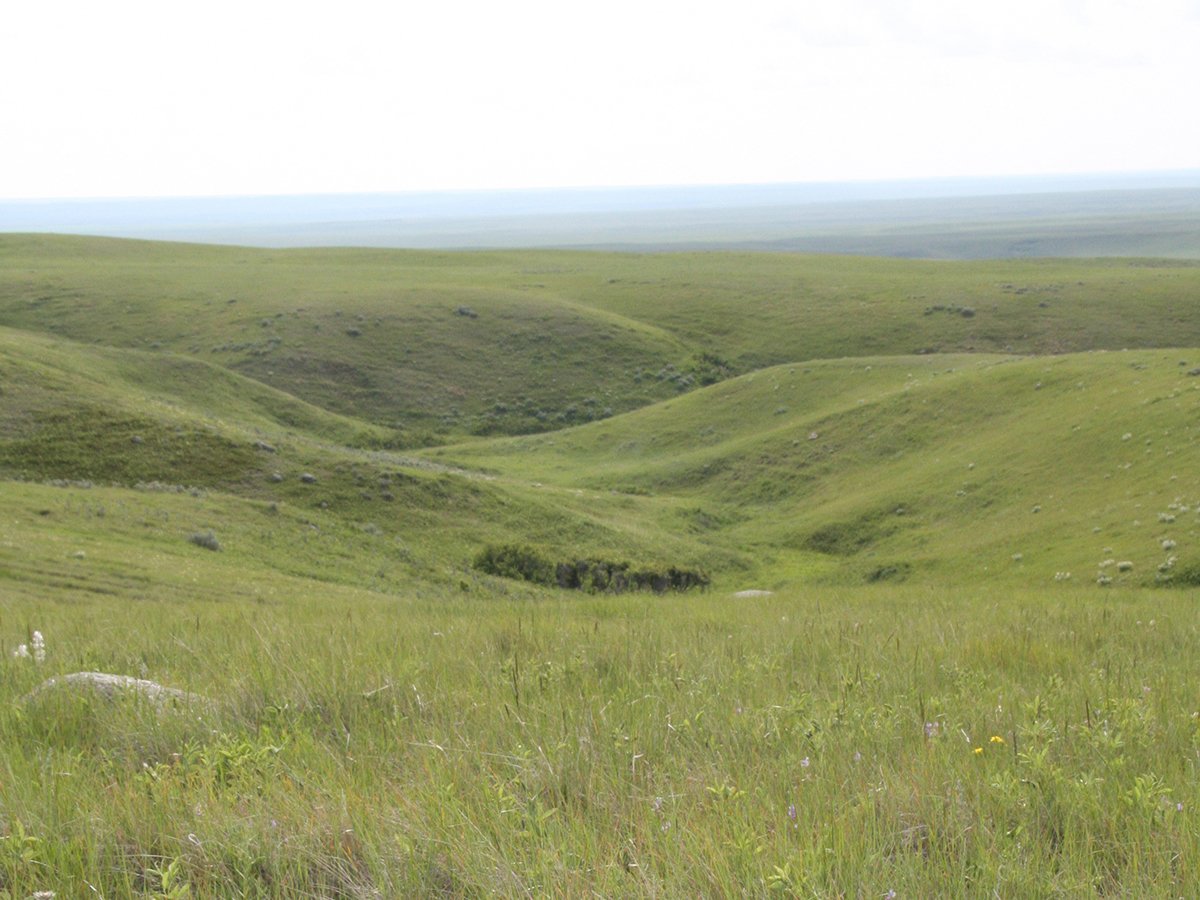Researchers say the test tells farmers what strains of the disease are in their fields, which helps them make better planting decisions
Farmers across the Prairies can now use a new tool to help fight blackleg in canola.
The tool, a new laboratory test, requires farmers to submit 12 stems they suspect have blackleg. Lab technicians then analyze the stems and tell farmers what strains of the disease are likely in their fields. Farmers can then use that information to figure out which resistant variety they should grow.
“The technology has been rolled out by Ag Canada and has been provided to any of the seed testing labs across the Prairies that are interested,” said Nicholas Larkan, president of Armatus Genetics.
Read Also

Alberta irrigation project on grasslands approved
Environmental concerns raised by Alberta conservation groups over irrigation expansion project within rural municipality
Larkan was part of the research team that developed the test. It’s available at Discovery Seed Labs in Saskatoon for $200 per test and it takes researchers about two weeks to provide results.
He said more private labs are expected to offer the tests and their details will be posted on www.blackleg.ca when they come on board.
“It really is a next step forward in combating a disease specifically,” Larkan said. “It enables a producer to choose a product that’s going to be effective for their own local conditions.”
Blackleg has long been a concern for farmers. Not only does it hurt yield, it has been a source for trade issues with China, which has raised import standards because of the disease.
As well, many producers have been crossing their fingers when it comes to picking a blackleg-resistant variety. Larkan said due to the previous labelling system, many farmers have chosen a variety that turned out to be ineffective because it wasn’t the right one to combat a specific strain of blackleg in their field.
“There was no specific information on how that variety would actually act in your local area to your local races of blackleg pathogens,” he explained. “So, with this test, now you can look at the specific race of pathogen in your own field and get very detailed information on how to combat that.”
Larkan expects the new technology will get farmers and seed buyers to advocate for better labelling. For instance, companies could eventually be more specific on what resistant genes are in their products.
“There’s going to be more pressure on companies to start labelling more and more,” he said. “I think we’re going to start to see strong marketing claims put on new products in terms of how effective that resistance actually is.”
John Guelly, a farmer near Westlock, Alta., and a director with the Alberta Canola Producers Commission, said he hopes industry buys into the technology.
“If we can get buy-in from the whole industry, as the test is fairly inexpensive, then we can pick the right varieties to grow in the field,” he said. “This would let us have resistance and reduce the amount of blackleg that’s going on.”

















